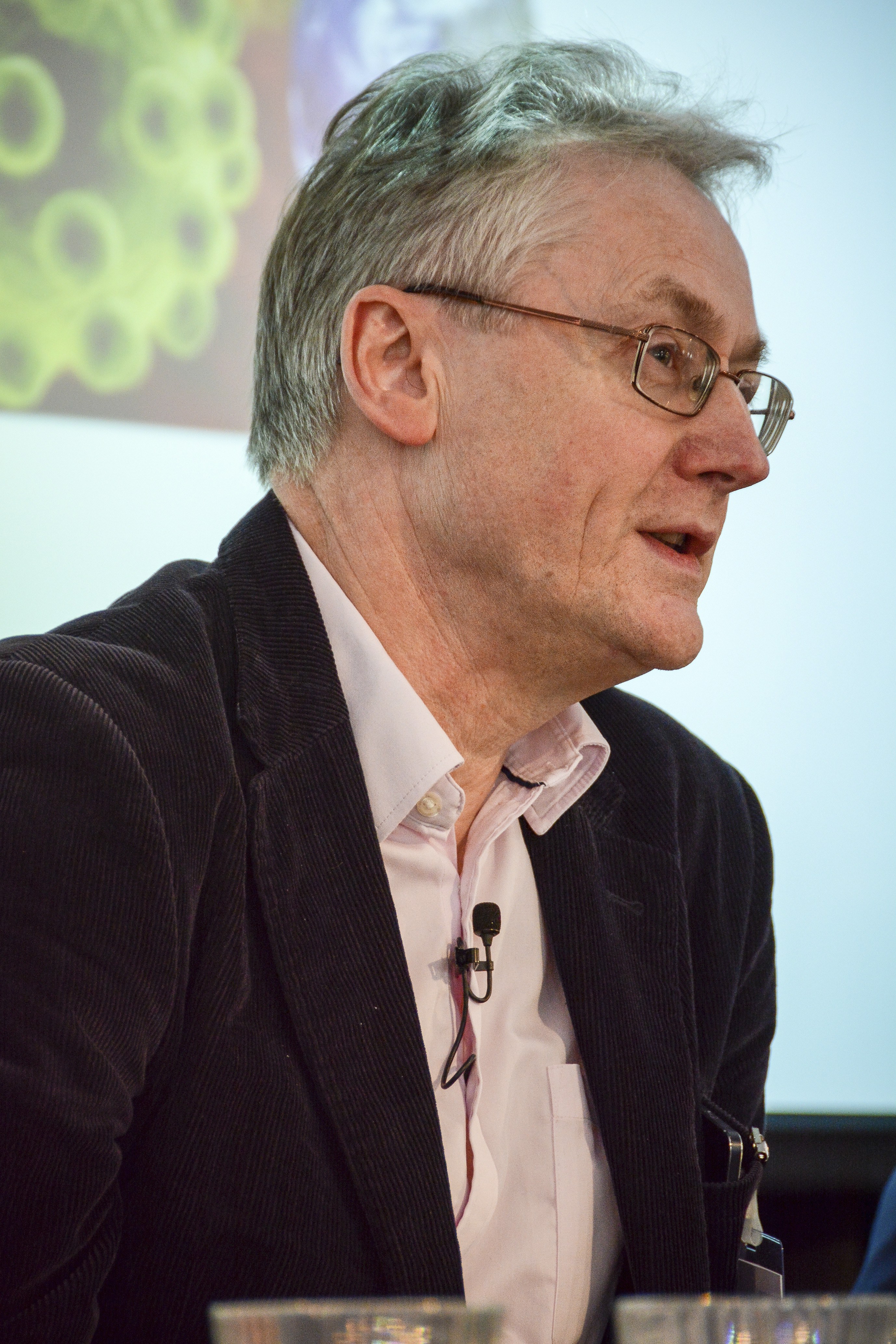August 2021 - Prof. Mike Hulme
What Should Come from COP-26?
On 15 October 2021, the Master Lord Chris Smith will host Pembroke College’s 16th William Pitt Seminar. Less than three weeks before the opening of 26th Conference of the Parties in Glasgow, the Seminar will discuss answers to the question ‘What should come from COP-26?’ Here, Seminar Chair Mike Hulme, previews the issues.
Climate change is no longer an issue of incomplete or imprecise scientific knowledge. It has become a reality of the modern world and one that poses far-reaching questions about human development, technological change, cultural values, social justice and global cooperation.
But one would not have recognised these far-reaching implications by reading the most recent report of the UN’s Intergovernmental Panel on Climate Change’s (IPCC), released on August 9th. By releasing first the science section of their Sixth Assessment Report, a full 6 months before the more policy-oriented sections on adaptation and mitigation options, the IPCC perpetuates a “science-first” approach to understanding and responding to climate change.
This new scientific report predictably spawned a cascade of print, broadcast and social media headlines on climate change which adopted the trope of anxiety, fear and terror. Take, for example, the BBC’s headline: “The IPCC Report is Code Red for Humanity”. Yes, humans are changing the climate and this is creating discernible physical effects in the atmosphere, cryosphere and oceans. But the IPCC has been reporting this clearly for two decades now. Does the world need to hear this message again, or is something else needed?
Even in the 1980s and 1990s, an argument could be made that the issues raised by climate change did not centrally concern climate change attribution or climate prediction, both of which are science-driven questions. Rather, the practical issues associated with a changing climate which demanded a policy response concerned sustainable energy, equitable development and societal adaptation to extreme weather.
The case now for such a re-framing is even more powerful. The challenges facing governments at COP26 concern sustainable energy, technological transitions, land use management and adaptation, long-standing political questions which a changing climate has brought into clearer focus. But developing policy responses to these challenges requires much more than science.
By continuing to publish its Assessment Reports in the sequence it does – physical science first, then adaptation, then mitigation -- the IPCC perpetuate two myths. The myth that more precise climate prediction – even though such prediction is not necessarily more accurate - is necessary for policy to take shape and be implemented. And the myth that the obstacles to innovating and implementing climate policies through a societal mandate are scientific before they are social, cultural, technological or political.
They are not. The obstacles to implementing complex changes at a societal level are fully political, cultural, ethical, psychological. They do not reside in a deficiency of scientific knowledge or (rarely) a deficit in the public understanding of climate science. Yet it is convenient for the world’s governments to sustain these myths – and also beneficial to climate scientists. A “science-first” approach to climate change implies the obstacles to policy are epistemic rather than political. It implies that more and better science will pave the way (eventually) for better and easier policies.
But this is not so. The problems with such a “science-first” approach are explored in my latest book Climate Change (Routledge Key Ideas in Geography series, 2021), published last month. I list below a few of the questions that lie at the heart of the difficult national and international politics of climate change confronting government delegates at COP26 and which cannot be answered by funding more climate science:
- How can a just transition away from a fossil-fuel based global energy economy be delivered without stranding millions of livelihoods, especially amongst the global poor?
- Who should bear the financial burdens of enacting such a transition: rich people or rich countries?
- How can the self-interest of nation states best be aligned to secure global cooperation on reconfiguring development pathways?
- What is a desirable balance between culture-based (e.g. diet), nature-based (e.g. afforestation) and technology-based (e.g. electric vehicles) solutions?
- At what point, if at all, should radical climate engineering technologies that attempt to stabilise the climate – such as sunlight modification or refreezing the Arctic - be considered?
The speakers at the Seminar will provide their perspectives on questions such as these, propose priority actions that could be taken, and suggest indicators used to measure progress.
Mike Hulme is Professor Human Geography, University of Cambridge, and Fellow of Pembroke College. The Seminar will take place at 4pm on Friday 15th October 2021 in Selwyn College auditorium followed by dinner in Pembroke College.

